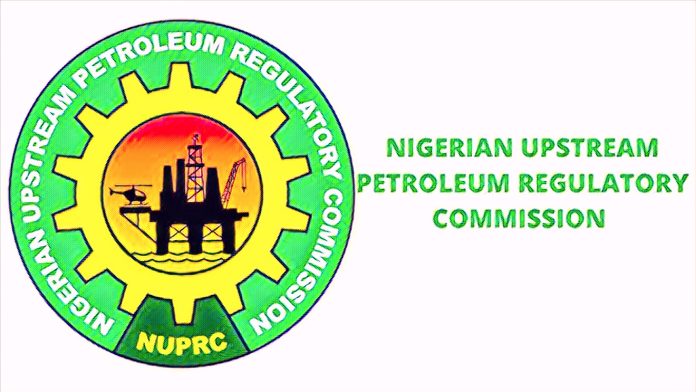The Nigerian Upstream Regulatory Commission (NUPRC) has unveiled an ambitious strategy to lower the per barrel production cost in the country’s oil and gas industry, aiming to reduce it from the current range of $25-$40 to below $20.
This strategic initiative comes as a response to Nigeria’s dwindling crude oil production, which has fallen short of budget projections and its OPEC quota in 2023. NUPRC’s comprehensive plan, outlined in a document titled “NUPRC Regulatory Action Plan 2024 and Near Term (2024 – 2026),” aims to attract more investments into the sector and revitalise Nigeria’s oil output.
The latest data released by the Commission indicates that in November, oil production declined by 7.4 percent, dropping to 1.25 million barrels per day (bpd) compared to 1.35 million bpd in October. When combined with condensate oil, total production also recorded a 6.1 percent decrease, reaching 1.466 million bpd last month, down from 1.56 million bpd in October.
In its industry outlook document, NUPRC highlighted Nigeria’s substantial petroleum reserves, which stand at 36.96 billion barrels of crude oil and 208.83 trillion cubic feet of gas. However, it stressed that potential resources alone are insufficient in the face of evolving global energy dynamics.
The Commission cited a joint study with Wood Mackenzie, focusing on the investment trends in Nigeria’s upstream oil and gas sector over the past 10-15 years. This research revealed a diminishing appetite for investment in Nigeria’s oil and gas sector among the five leading international oil and gas companies (IOCs) operating in the country since the late 19th century.
Furthermore, increasing competition from regional counterparts has led to a decline in Nigeria’s share of overall upstream investments in sub-Saharan Africa, dropping from 44% in 2014 to 30% in 2022. Despite the expected global increase in upstream capital investments, Nigeria’s capital expenditure (CAPEX) is projected to reach only $8.7 billion in 2025 over the next six years, from 2023 to 2028. Regrettably, 14 other sub-Saharan African countries are forecasted to attract more CAPEX relative to their resource potential than Nigeria.
NUPRC identified several factors contributing to Nigeria’s unattractive investment climate, including unpredictability in acreage availability during licensing rounds, high development and production costs, regulatory uncertainties, operational disruptions due to community conflicts, security challenges, and related social issues. Fiscals and commercial matters such as contractual bottlenecks and fiscals for offshore and deep-water gas resources, as well as small deep-water accumulations, further complicate the situation.
To address these challenges and boost investor confidence while enhancing global competitiveness, NUPRC emphasized the importance of a clear and consistent regulatory agenda for the industry. The Commission introduced a Regulatory Action Plan (RAP) aimed at demonstrating its readiness to confront challenges and achieve the objectives outlined in the Petroleum Industry Act (PIA) for the benefit of all stakeholders.
NUPRC disclosed its commitment to utilising various automation tools, including the National Production Monitoring System (NPMS), the Annual Work Programme Portal, the Dynamic Acreage Management System (DAMS), the HOSTCOMPLY, and the Oil and Gas Industry Service Permit (OGISP), to streamline industry operations and improve efficiency.
To encourage entry into Nigeria’s oil and gas sector, the Commission will address the issue of high signature bonuses, striving to make the Nigerian environment more attractive to investors. It acknowledged the impact of substantial asset acquisition fees on the sector’s investment appeal and stressed the importance of competitive entry fees.
NUPRC will also accelerate oil and gas development and production through streamlined approval processes, ensuring faster market access for oil barrels. Furthermore, the Commission plans to establish a framework for host community trust funds to enhance peaceful operations and reduce disruptions in the operational areas.
As Nigeria prepares for the inauguration of the Dangote Refineries and the Port Harcourt Refinery, NUPRC is set to enforce the Domestic Crude Supply Obligation (DCSO) to ensure adequate feedstock for domestic refining, thereby reducing the country’s reliance on petroleum product imports.
NUPRC’s strategic approach aims to revitalise Nigeria’s oil and gas sector, promoting economic growth, energy security, and sustainable development.



